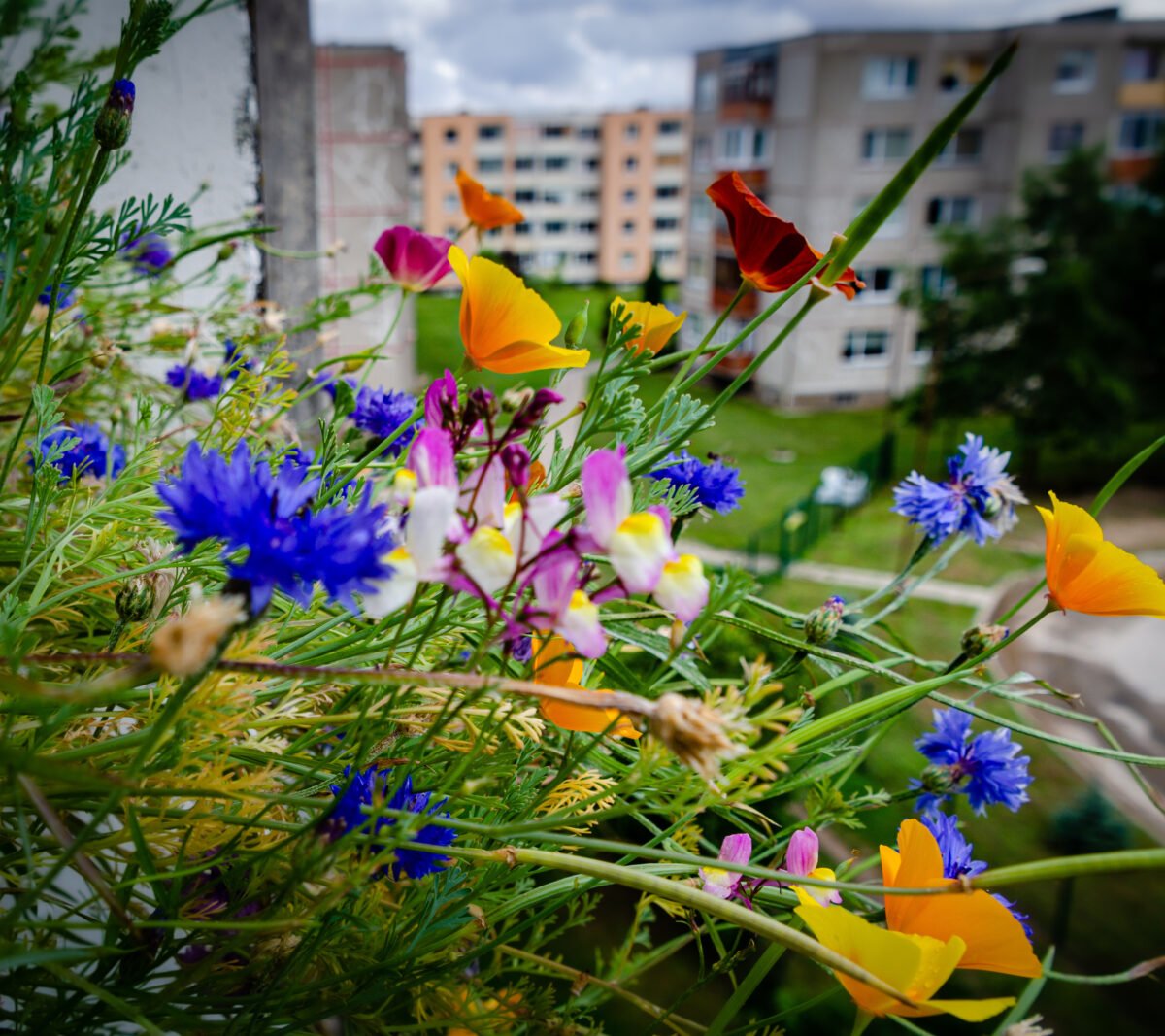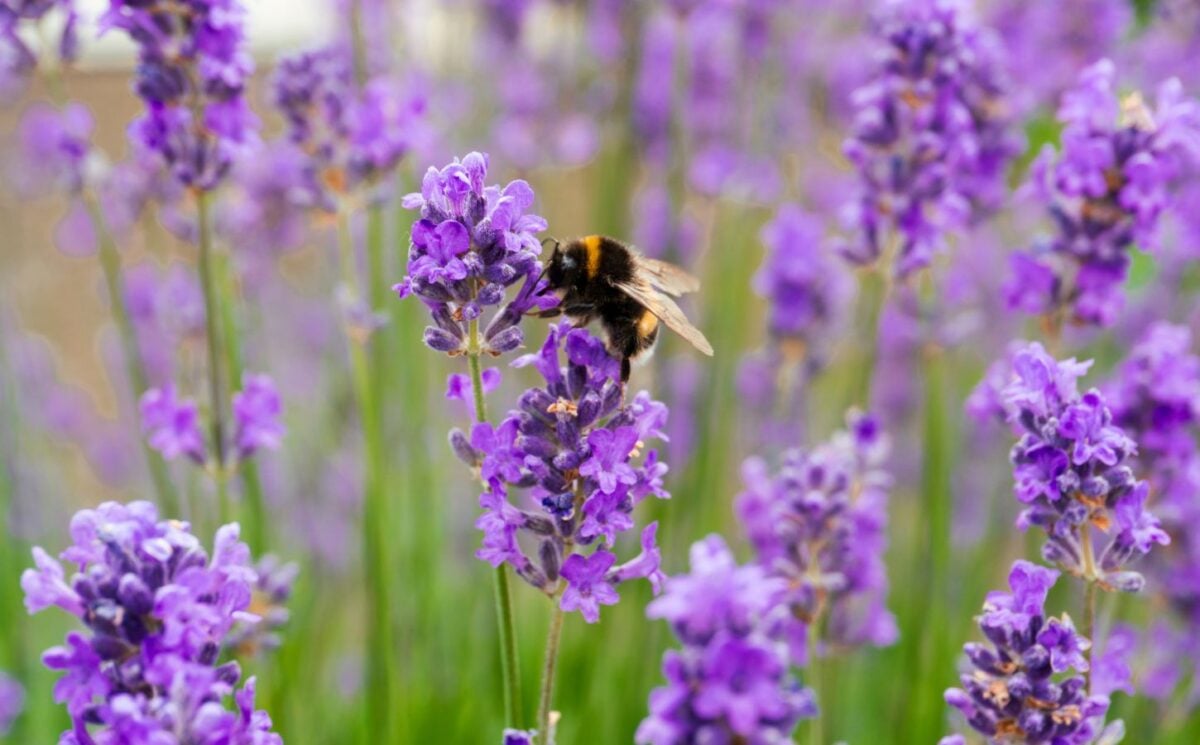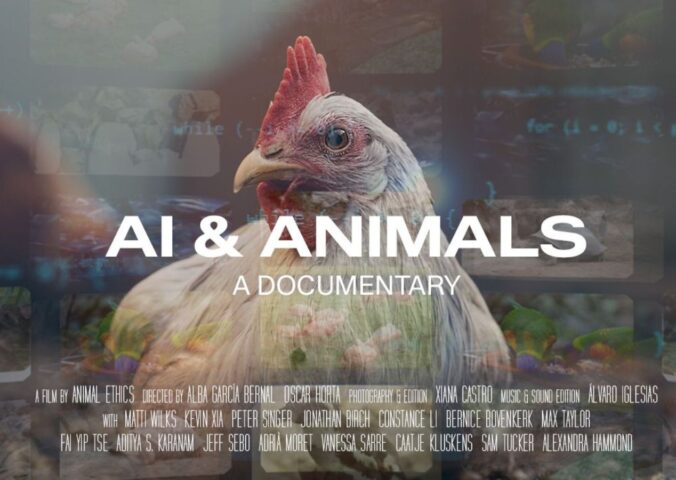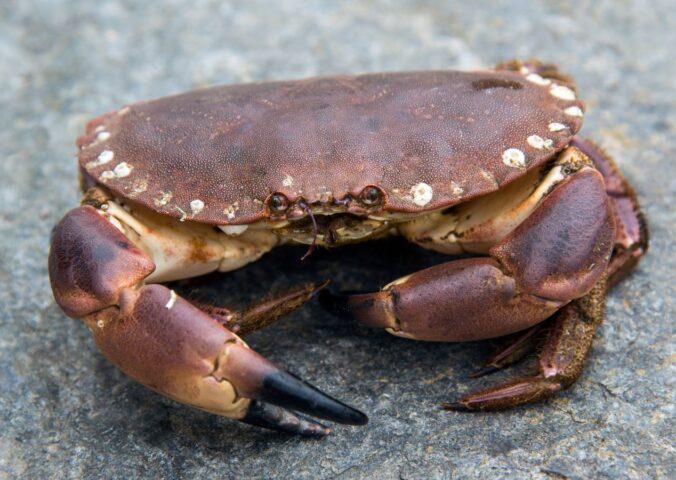Plants can “hear” pollinators buzzing and produce more nectar accordingly, say researchers.
An interdisciplinary group of scientists has said that there is “growing evidence” of pollinators and plants transmitting and sensing “vibroacoustic signals.” The sound of pollinators could potentially be used to artificially encourage pollination amongst crops and other flora.
Lead researcher Francesca Barbero, a professor of zoology at Italy’s University of Turin, collaborated with entomologists, sound engineers, and plant physiologists to monitor pollinators and the “astonishing” number of ways plants perceive their surroundings.
Plant-pollinator coevolution has previously focused on the visual and olfactory cues perceived by insects, such as bright colors, distinctive shapes, and floral smells. But Barbero and her team believe that the tiny sounds and vibrations of landing and takeoff also contribute.
“The ability to discriminate approaching pollinators based on their distinctive vibroacoustic signals could be an adaptive strategy for plants,” explained Barbero, as reported by Phys.org. “By replying to their proper vibroacoustic signal […] plants could improve their reproductive success if their responses drive modifications in pollinator behavior.”
Barbero and her team presented their findings at the 188th Meeting of the Acoustical Society of America and the 25th International Congress on Acoustics earlier this month.
Read more: Scientists Create ‘Vaccine’ To Protect Bees From Pesticides
Flowers, pollinators, and the food system

Barbero’s team tested their theory by playing the sounds produced by snail-shell bees near growing snapdragons. In response, the flowers increased their sugar and nectar production, though the team is not yet certain how plants pick up the sounds and vibrations of insects.
“Our hypothesis is that the changes in nectar we observed after treating the plants with the sounds of the best pollinators specifically increase the attraction of this particular species,” said Barbero, as reported by the Guardian. “However, to confirm this, we need to conduct choice tests to assess how different nectar concentrations attract various species.”
The scientists will conduct additional analyses to compare snapdragon responses to both other pollinators and nectar robbers, insects that do not help plants to pollinate. They also need to determine whether pollinators respond to plant acoustics in the same way that plants respond to pollinators, in which case, the sounds could be used to aid crop growth.
Both European and UK-based farmers have struggled this year amidst the driest spring in over 100 years. Rising temperatures and rising weather patterns will continue to negatively impact food production as the climate crisis worsens, causing crop failures and shortages, while the continuing decline of pollinator populations encourages further food deficits.
Read more: Vast Majority Of Gen Z Cares About Animals And Nature, New Study Shows






